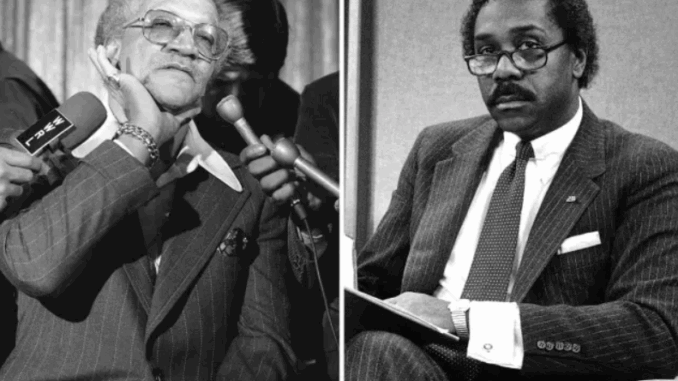
It’s easy to think of Sanford and Son as just a sitcom about a junk dealer and his exasperated son. But look deeper, and it becomes clear — the show was revolutionary.
Long before The Jeffersons or Good Times, Sanford and Son put working-class Black life on prime-time television. It didn’t glamorize. It didn’t apologize. It just told the truth — through jokes, jabs, and heartfelt moments in between.
Redd Foxx’s portrayal of Fred Sanford was groundbreaking: he was brash, flawed, and deeply human. Demond Wilson as Lamont offered a new kind of Black masculinity — one that was sensitive, ambitious, and often frustrated by his father’s antics.
And then there were the side characters: Aunt Esther, Grady, Bubba, and Rollo — all reflections of a complex community too often flattened by stereotypes in media. Together, they created a world that felt real, chaotic, and bursting with heart.
Though its humor was raw, even crass at times, Sanford and Son made it possible for future sitcoms to exist. Without it, there’s no Martin, no Everybody Hates Chris, no Black-ish.
It was more than just laughter. It was legacy.